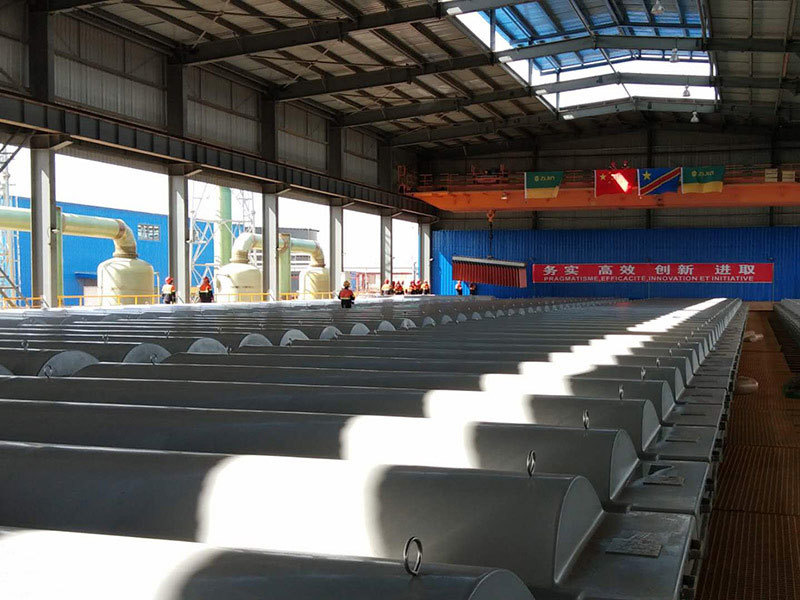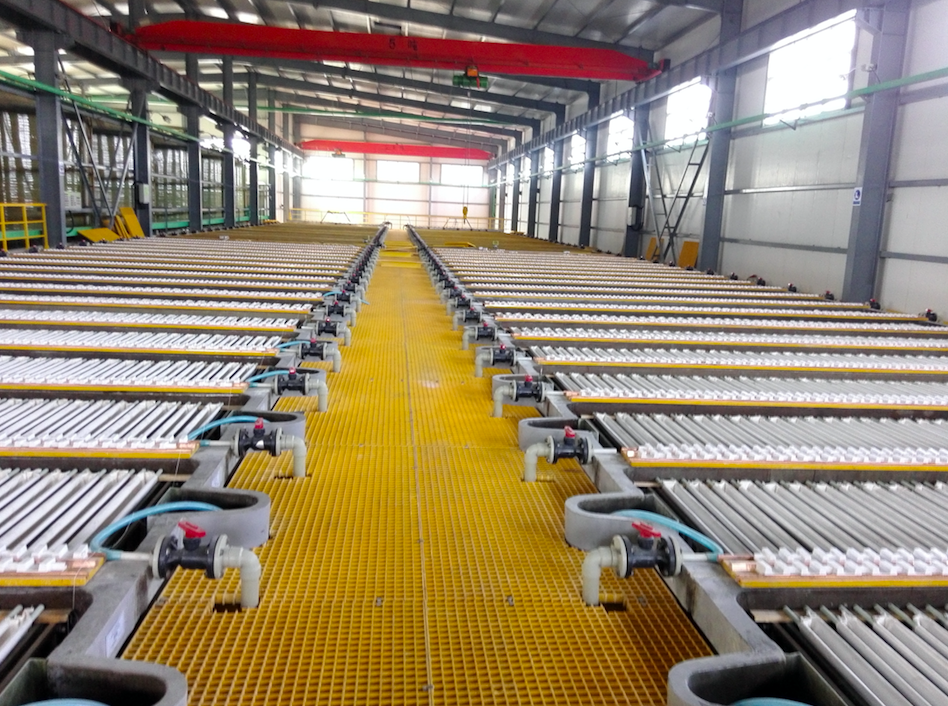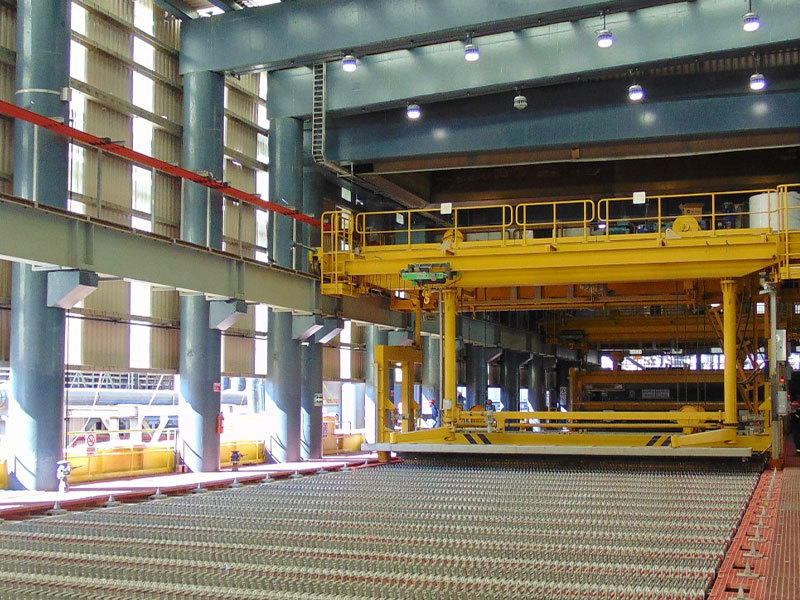Advantages and disadvantages of ethylene vinyl resin electrolytic cells in Hebei
The Hebei vinyl resin electrolytic cell is a key piece of equipment used in electrolytic processes, possessing a range of advantages and disadvantages. This article will explore these aspects in detail, providing a comprehensive understanding of the Hebei vinyl resin electrolytic cell.
One advantage of the Hebei vinyl resin electrolytic cell is its high corrosion resistance. Due to the properties of the vinyl resin material, it can withstand corrosion from most corrosive substances. This allows the electrolytic cell to perform well when handling corrosive liquids. This corrosion resistance makes the Hebei vinyl resin electrolytic cell widely used in industries such as chemical engineering and metal processing.
Another noteworthy advantage is the Hebei vinyl resin electrolytic cell's temperature resistance. Vinyl resin material has good high-temperature performance and remains stable under high-temperature conditions. This allows the electrolytic cell to adapt to high-temperature electrolytic processes without significantly affecting its performance. This characteristic makes the Hebei vinyl resin electrolytic cell an ideal choice for processing high-temperature materials.
Furthermore, the Hebei vinyl resin electrolytic cell has relatively low maintenance costs. Compared to traditional metal electrolytic cells, vinyl resin material has a longer lifespan and requires less maintenance. It is not easily corroded or worn and does not require regular coating or repairs. This allows companies using the Hebei vinyl resin electrolytic cell to reduce maintenance costs and improve efficiency.
However, the Hebei vinyl resin electrolytic cell also has some disadvantages. First, its manufacturing cost is relatively high. Compared to traditional metal electrolytic cells, the production cost of vinyl resin material is higher, resulting in a higher purchase cost for the Hebei vinyl resin electrolytic cell. This may be a consideration for some small and medium-sized enterprises.
In addition, the mechanical strength of vinyl resin material is relatively low. Compared to metals, vinyl resin material is more prone to deformation or breakage under mechanical stress. Therefore, when designing and using the Hebei vinyl resin electrolytic cell, special care must be taken to avoid overloading or excessive stress.
In summary, the Hebei vinyl resin electrolytic cell has advantages such as strong corrosion resistance, good temperature resistance, and low maintenance costs, but its high manufacturing cost and relatively low mechanical strength are its disadvantages. These factors need to be weighed and considered in practical applications to ensure good results and cost-effectiveness.
Introduction: The Hebei vinyl resin electrolytic cell is a key piece of equipment used in electrolytic processes. It offers advantages such as corrosion resistance, temperature resistance, and low maintenance costs, but also has disadvantages such as high manufacturing costs and relatively low mechanical strength. Understanding these advantages and disadvantages is crucial for selecting the appropriate electrolytic cell.
TAG:
Related Blog
How to ensure the quality of ethylene vinyl resin electrolytic cells in Hebei?











